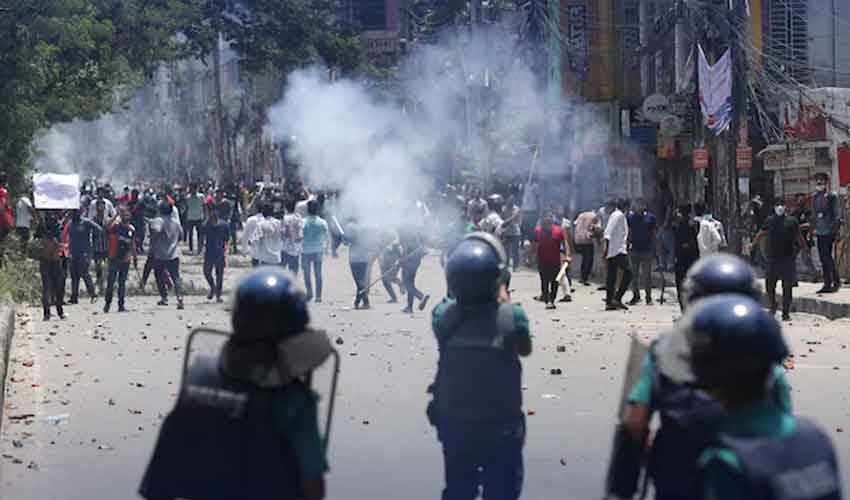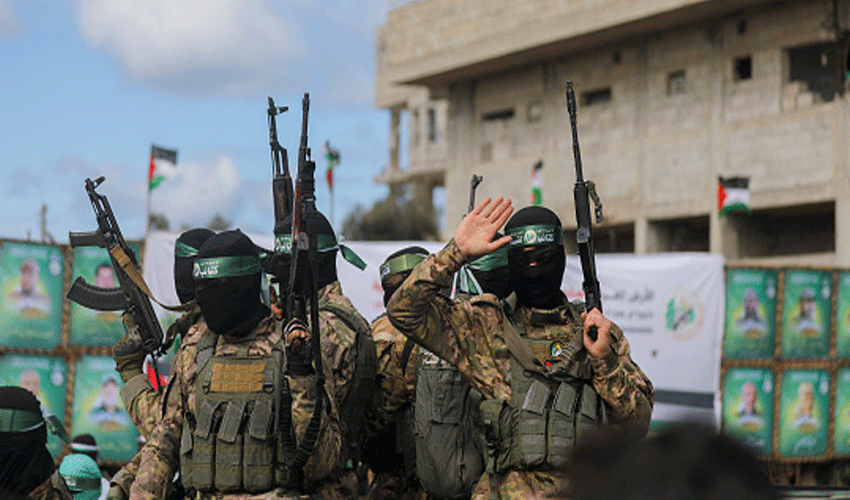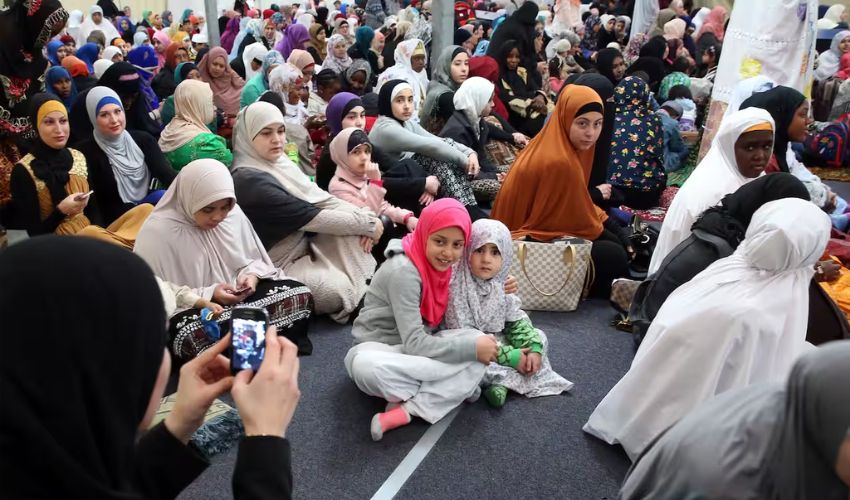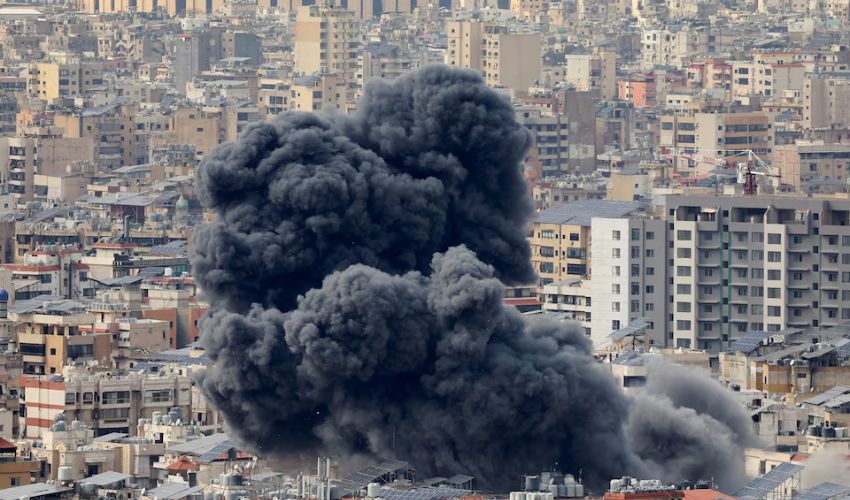Student leaders in Bangladesh have called for a nationwide civil disobedience campaign following a brutal police crackdown that left over 200 people dead.
The protests, initially sparked by discontent over civil service job quotas, have now snowballed into a broader movement against Prime Minister Sheikh Hasina's government.
The call for civil disobedience was issued by the Students Against Discrimination group on Saturday, urging citizens to engage in a range of non-cooperation activities starting Sunday. This includes withholding taxes and utility payments, staging strikes by government employees, and halting remittance transfers through banks.
The group's spokesperson, Asif Mahmud, emphasized the movement's aim to pressure the government into meeting several demands, including a public apology from Hasina and the dismissal of certain ministers.
The unrest, which began in early July, was initially driven by dissatisfaction with a quota system that allocated a significant portion of government jobs to specific groups. The system, which was later scaled back by the Supreme Court, exacerbated tensions among graduates facing severe unemployment. The protests, which had largely remained peaceful, turned violent after confrontations with police and pro-government factions.
In response to the escalating violence, the government imposed a nationwide curfew, deployed troops, and suspended mobile internet services for 11 days. Despite these measures, demonstrations continued, with large crowds taking to the streets after Friday prayers.
The situation has been further inflamed by calls for the resignation of Prime Minister Hasina, who has been in power since 2009.
On Saturday, Hasina offered "unconditional dialogue" with student leaders, hoping to de-escalate the situation. Her press secretary, Nayeemul Islam Khan, stated that the Prime Minister is eager to engage in talks to resolve the crisis. However, the student leaders have rejected this offer, demanding concrete actions rather than promises.
The international community has condemned the government's response to the protests, with the European Union foreign policy chief Josep Borrell calling for an international investigation into the "excessive and lethal force" used against demonstrators. The United Nations has reported that at least 32 children were among those killed in the violence.



























